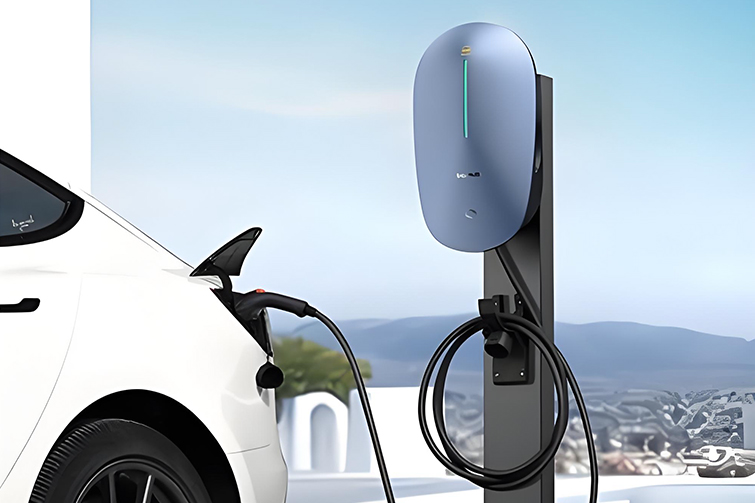

How to Choose the Perfect Home EV Charger: A Comprehensive Guide
Purchasing a home electric vehicle (EV) charger is a significant step towards convenience and energy independence. With a variety of options on the market, selecting the right one can seem daunting. This guide will walk you through the key factors to consider to ensure you make an informed decision.
1. Understand Charging Levels: The Foundation
First, you need to understand the two primary levels of home charging:
- Level 1 Charging (Trickle Charging):How it works: Plugs into a standard 120-volt household outlet.Pros: No installation cost; uses the cable that often comes with your car.Cons: Extremely slow. Provides about 2-5 miles of range per hour. Suitable only for drivers with very short daily commutes.Best for: Occasional use or as a backup.
- Level 2 Charging (The Home Standard):How it works: Requires a dedicated 240-volt circuit, similar to an electric dryer or oven.Pros: Significantly faster. Provides 12-80 miles of range per hour, allowing you to fully recharge your car overnight.Cons: Requires professional installation by a qualified electrician.Best for: The vast majority of EV owners for daily use.
Verdict: For a true "refuel at home" experience, a Level 2 charger is highly recommended.
2. Key Features to Look For in a Level 2 Charger
Not all Level 2 chargers are created equal. Here’s what to evaluate:
A. Charging Speed (Power Output)
- Measured in kilowatts (kW). Common home chargers range from 7.2 kW to 19.2 kW.
- Check what your car can accept. Most modern EVs can handle 11.5 kW, but some luxury models can take 19.2 kW.
- Recommendation: A 9.6 kW (40-amp) or 11.5 kW (48-amp) charger is a future-proof choice for most households.
B. Hardwired vs. Plug-In
- Hardwired: Directly connected to your home's electrical system by an electrician. More permanent, often safer, and can support higher amperage.
- Plug-In: Uses a NEMA 14-50 or 6-50 outlet (like a high-power RV outlet). Offers portability and can be easier to replace or move.
- Recommendation: If you have a dedicated spot and want maximum power, go for hardwired. If you plan to take the charger with you when you move, choose plug-in.
C. Cable Length
- Measure the distance from your charging unit's location to your car's charging port.
- Standard cable lengths are between 18 and 25 feet. It's better to have a slightly longer cable than one that is too short.
D. Smart Features
Smart chargers connect to your home Wi-Fi and offer advanced functionality via a smartphone app:
- Scheduling: Charge your car during off-peak hours when electricity rates are lowest.
- Monitoring: Track your energy consumption and charging history.
- Remote Control: Start or stop a charging session from anywhere.
- Integration: Some work with solar systems to use your excess solar energy or with utility demand-response programs.
E. Safety Certifications
- Always look for chargers that are UL-listed (in the U.S.) or have an equivalent certification in your region. This ensures the unit has passed rigorous safety tests.
3. Installation: The Critical Step
Hire a Licensed Electrician. Never attempt a DIY installation for a 240-volt circuit.
- The electrician will assess your home's electrical panel to ensure it can handle the new load.
- They will determine the correct wire gauge and install the dedicated circuit and, if needed, the outlet.
- They will also ensure the installation is up to local electrical code.
4. Final Checklist Before You Buy
- Confirm your EV's max AC charge rate.
- Decide between Level 1 and Level 2.
- Choose a power rating (kW) for your Level 2 charger.
- Select between Hardwired or Plug-In.
- Check for essential smart features.
- Verify safety certifications (e.g., UL).
- Measure for the correct cable length.
- Get a quote from a licensed electrician for installation.
Conclusion
Investing in a home EV charger transforms your ownership experience, turning your garage into a personal fueling station. By focusing on your driving needs, your vehicle's capabilities, and the right set of features, you can select a charger that is safe, efficient, and perfectly suited for your home. Embrace the future of driving by making a smart, informed choice.








